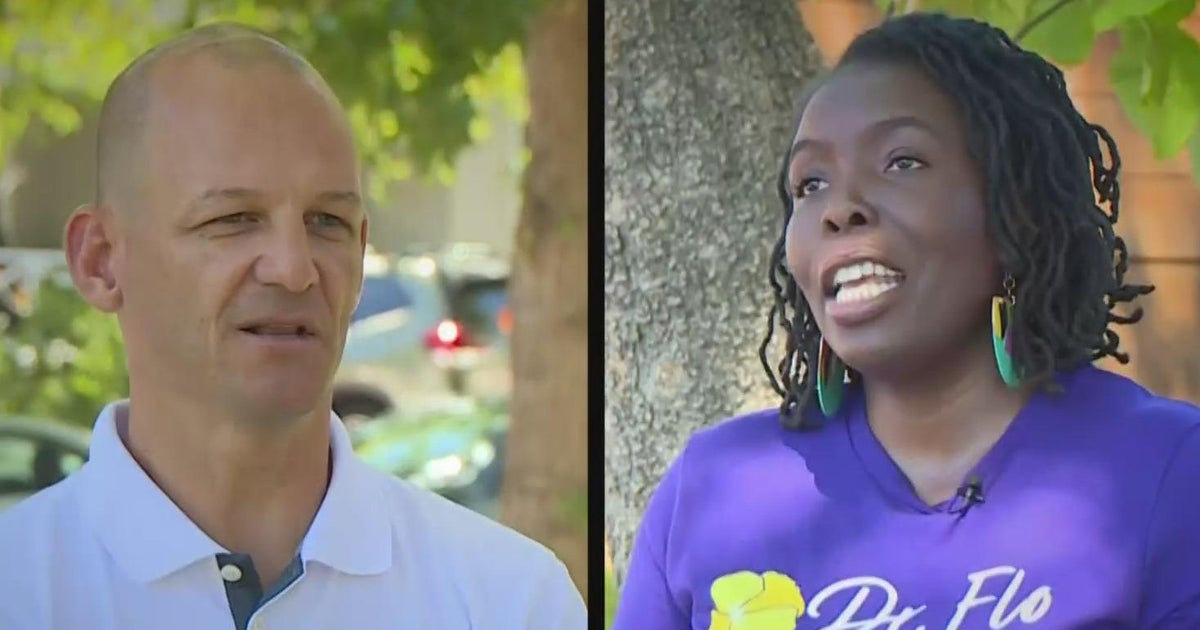Federal agents warn of artificial intelligence's impact on November election
SACRAMENTO — Federal agents have issued a warning about the impact of artificial intelligence on the upcoming presidential election.
The federal bulletin CBS News obtained from the U.S. Department of Homeland Security reads, in part:
"A variety of threat actors will likely attempt to use generative Artificial Intelligence to influence and sow discord during the 2024 election cycle…"
In January, an AI-generated robocall went out in New Hampshire faking President Biden's voice and telling Democrats not to vote, intending to deceive them.
Sacramento State Professor Sasha Sidorkin is now the chief artificial intelligence officer for the university, the first position of its kind at any California State University school.
"For us, it's here. It's today. It's every day," Sidorkin said.
Sidorkin's advice to voters weary of AI is not to forget to think.
"If you see something that looks too good, you should really question it," he said. "And that's our job as educators. We need to instill that critical responsible thinking."
Dr. Matt Lease is a professor at the University of Texas who has trained campaign staffers about AI.
I asked Lease about how voters should adapt to the new AI technology.
"Are we supposed to be able to figure it out eventually with our own brains, our own actual intelligence?" I asked.
"Yeah. I mean, it's definitely a changing landscape," Lease said. "I think we're pretty good with time at sort of debunking incorrect stuff when it comes out, but when it happens sort of in real-time, it's very hard potentially to correct that fast enough before the thing happens."
In this new election cycle, the Department of Homeland Security is now scaling up AI scrutiny.
The director of national security recently testified before Congress saying Russia, China, and Iran remain the most active foreign threats to our elections and that they seek to further divide the country.



